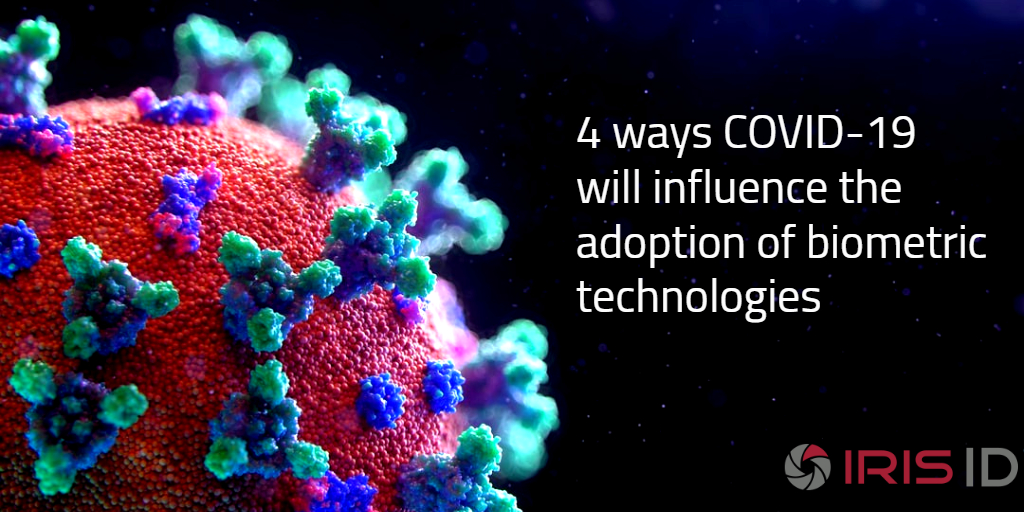By Mohammed Murad
It’s an understatement to say the COVID-19 pandemic has changed almost everything about our lives. So, there’s no surprise it’s changing the course for the adoption of biometrics.
Here are some changes we see emerging:
Identity will become more important
Identity has been gaining in importance for the last decade, but COVID-19 is dramatically speeding up the process. Digital identity has gone from an ideal to an imperative. Here are some catalysts for change:
Social Programs – Biometrics have already been used in developed and developing nations to ensure people are getting the social services they need such as healthcare and food. As the pandemic continues, more people will need assistance and digital identity authentication is one of the best ways governments can assure the right goods and service are going to the people who need them. These programs are already successful in India, the Middle East and Africa. And we expect to see these programs grow as more people experience the effects of the pandemic.
Students in school – Distance learning is the new norm in education. Students now login to online classrooms. Schools will need to take attendance and verify a student is the person truly attending classes and taking exams. Some schools are already starting to use biometrics for attendance records. And more will follow. And remember biometrics can help protect children from online predators claiming to be someone else.
Correctional facilities – COVID-19 is hitting jails, prisons and detention centers hard. The close quarters inherent in these facilities provide ideal conditions for the transmission of the disease. Many local and state governments are initiating early release programs or suspending bail requirements. Law enforcement needs additional and expanded tools to identify and track people who are outside of the system.
Health certificates – Healthcare professionals have emphasized that one of the best weapons against the virus is tracking people and identifying those who have already had COVID-19. Some experts suggest the use of biometrics to provide people with digital health certificates to verify they have had the disease.
Elections – Some 16 states have already postponed their primary elections due to fears stemming from coronavirus infections. Mail or remote voting could be an answer to the problem. Biometrics have been suggested as a solution for identifying voters and eliminating fraud.
Security will become even more important
Both physical and cyber security becomes more important as fewer employees will be staffing offices and more people work remotely using their own devices and computers. Biometrics will provide a needed layer of identification and authorization.
Demand for contactless biometrics will grow
People are more wary of touching keypads, card readers, door handles and even elevator buttons. Sanitizing surfaces will take time, slow productivity and in some cases become impossible. Iris and facial recognition and other contactless biometric technologies will replace technologies that require people to repeatedly touch surfaces. And they will be very particularly in demand for healthcare environments.
Privacy will become more important
Privacy has always been an issue when it comes to identity. It will become even more important as digital identity becomes the norm. The industry as a whole must educate people about privacy issues and develop best practices for the handling and storage of digital identity data.
Research companies like ABI Research are already predicting significant growth for biometrics and particularly non-contact modalities. We will also see more multi-modality systems using a combination of different types of technology providing additional layers of identification and security.
(Mohammed Murad is vice president, global sales and business development, Iris ID)

